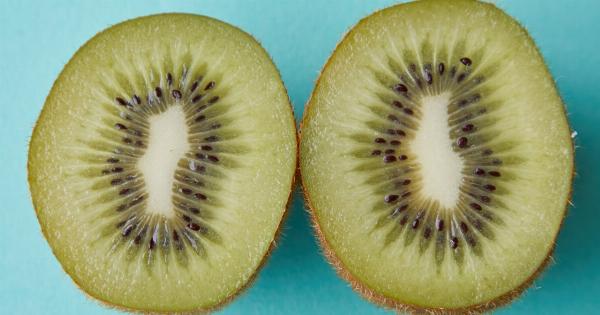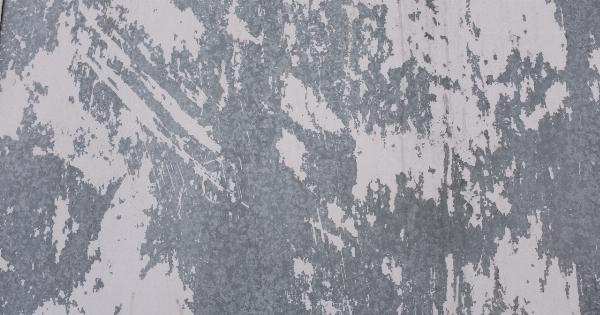Itchiness on the scalp can be frustrating and uncomfortable. There are many reasons why this could happen, and it’s essential to determine the underlying cause to address it effectively.
Here are five reasons why you might be experiencing an itchy scalp:.
Allergies
Allergies can occur due to a reaction between your immune system and foreign substances. It can affect different parts of the body, including the scalp, leading to itchiness.
An allergic reaction on the scalp can be due to haircare products, fragrances, or even seasonal changes.
To relieve the itchiness caused by allergies, you should identify the culprit and avoid using products that contain the allergen. You may also use antihistamine medication or topical creams to alleviate the itchiness.
Psoriasis
Psoriasis is an autoimmune condition that affects the skin cells, causing them to grow faster than they should. The rapid buildup of skin cells leads to patches of thick, scaly, and itchy skin.
Although psoriasis can affect any part of the body, it often occurs on the scalp.
To treat psoriasis, medicated shampoos or creams that contain salicylic acid, coal tar, or corticosteroids may help. In severe cases, oral medications and injections may be necessary.
Dandruff
Dandruff is a common scalp condition that affects millions of people worldwide. It occurs when dead skin cells accumulate on the scalp, leading to itching and flaking.
Dandruff may arise due to various reasons, including dry skin, oily skin, or a reaction to haircare products. Using an anti-dandruff shampoo regularly can help alleviate the itchiness and reduce flaking.
Head Lice
Head lice are tiny insects that live on the scalp and feed on blood from the scalp. They can cause intense itching, particularly at night.
Head lice infestation can happen to anyone, regardless of hygiene. To treat head lice, medicated shampoos or lotions should be used to eliminate the lice and their eggs.
It’s also essential to wash all clothing, bedding, and other personal items to prevent re-infestation.
Ringworm
Ringworm is a fungal infection that can affect the scalp, causing a red, itchy rash. It spreads easily from person to person, especially in areas with high humidity or poor hygiene.
Antifungal medication, prescribed by a doctor, can help alleviate the itchiness and clear the infection.
Conclusion
Itchy scalp can be caused by various reasons, and identifying the underlying cause is crucial in addressing the problem effectively.
Whether it’s due to an allergy, psoriasis, dandruff, head lice, or ringworm, different treatments are available to alleviate the itchiness and prevent it from recurring.






























